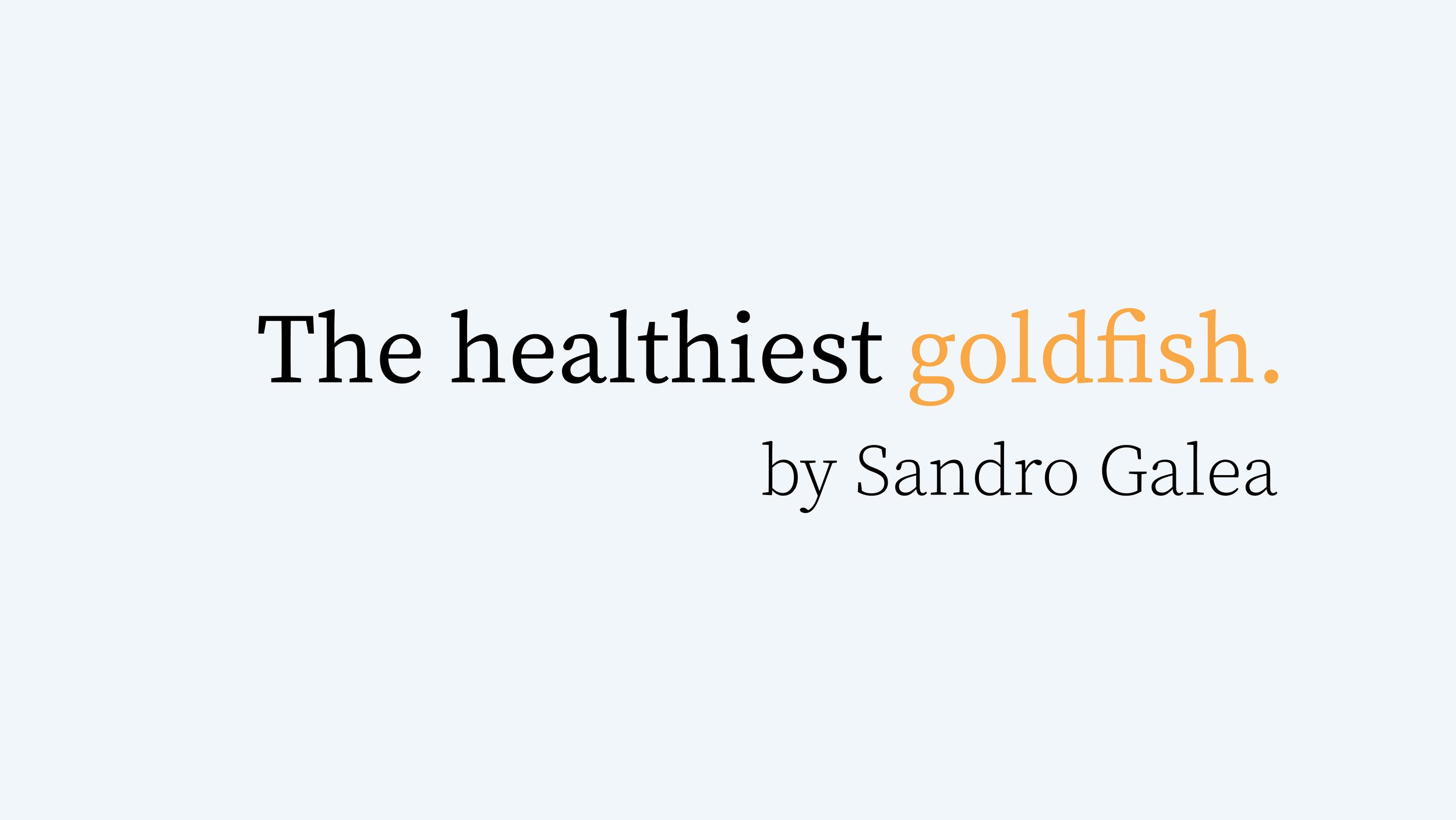Reckoning with the often-invisible biases that shape our work.
The work of creating the conditions that generate health is, at its best, about the pursuit of truth. To improve the health of populations we must engage with the truth about the world in which we live—the reality of the systems and structures that generate health. Just as we would not build an aircraft based on distorted design specifications, the work of public health needs to be grounded in foundations that reflect reality. Yet, if we are honest with ourselves, it is hard to escape the conclusion that we sometimes fall short of this ideal. We are human, and, as humans, our relationship with the truth is refracted through how we see the world. And we do not always see the world the way it is. Much of the time we see the world through our own lens, and that lens can be colored by biases. Perhaps my favorite definition of bias is “a preference or an inclination, especially one that inhibits impartial judgment.” That seems about right. It is our own take on things, and that take inhibits us from seeing the world as it should be. This is true in our daily lives, in all we do, and, for today’s reflection, in our science.
Read more here.




